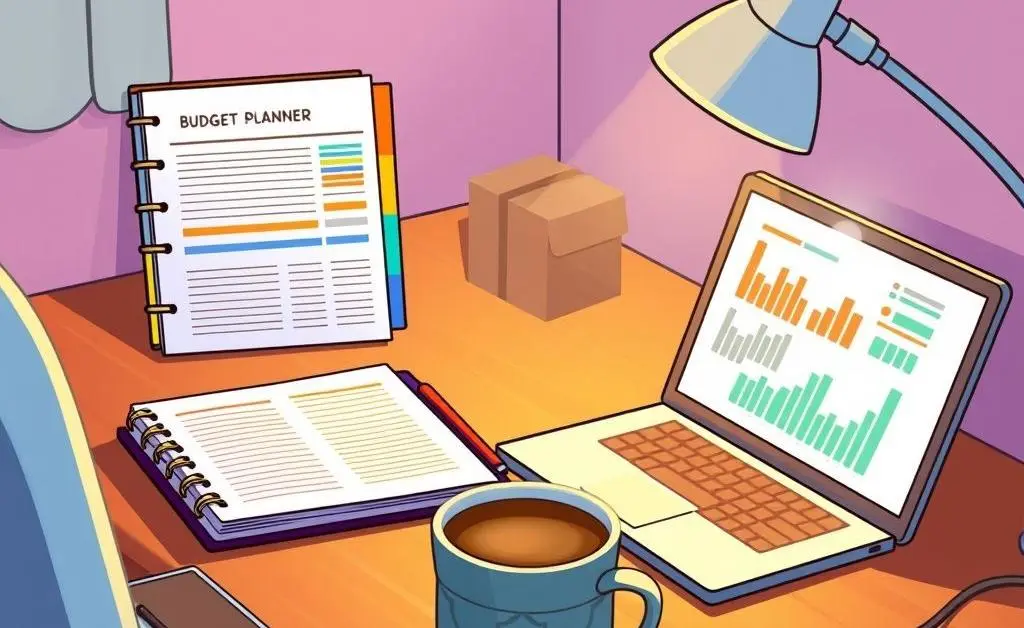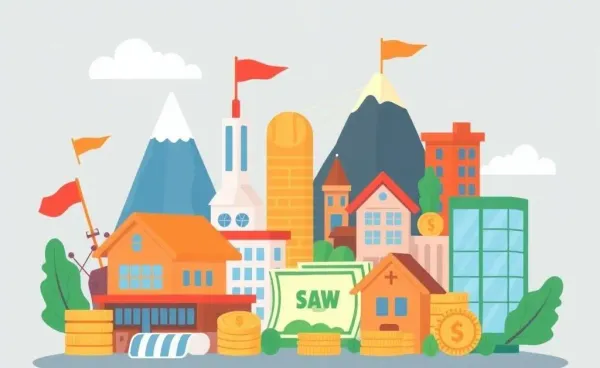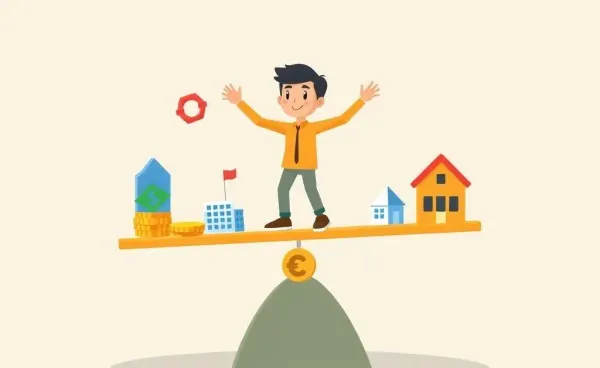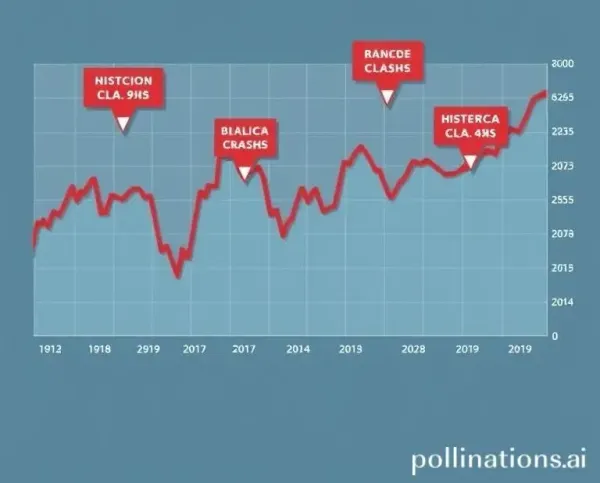Navigating Economic Changes: A Practical Guide to Financial Resilience
Explore practical ways to stay financially resilient during economic shifts.

Have you ever noticed how economic news sometimes feels like a distant whisper, and other times like a thundering revelation? Well, when real GDP takes a dip, like it did in the recent quarter, it might cause a few nerves to jangle. But instead of jumping to conclusions, let’s talk about practical steps to maintain financial resilience that's not only smart but also proactive.
Stay Calm and Plan Smartly
In times of economic uncertainty, it's easy to feel overwhelmed. Picture this: you’re enjoying a sunny Sunday afternoon, sipping coffee and glancing at your phone. Suddenly, you read about a decline in GDP. Instead of spiraling, what if you took a deep breath and brewed a fresh cup?

Mental calmness is step one. After that, it's crucial to revisit your budget. Consider organizing your finances using these simple strategies:
- Track Expenses: Use apps or spreadsheets to understand where your money goes.
- Adjust Spending: Identify non-essential expenses you can cut back on.
- Emergency Fund: Ensure you have a savings buffer to handle unexpected expenses.
Evaluate Investments with a Light Heart
Investment portfolios might behave like wild horses in turbulent times. But, with the right approach, you can ride the storm without losing your cool. It’s like checking different options before choosing the best outfit for an event.

Regularly review and diversify your investments. Diversification can act as a safety net, spreading risk across various asset classes. It's all about balancing risk and reward.
Maintain Savvy Savings Habits
While evaluating bigger financial decisions, don’t forget that small, consistent habits build a robust financial fortress. Keeping a savings routine, regardless of the amount, can offer peace of mind like finding a cozy corner with your favorite book.

Whenever you receive extra income, like a tax refund or a bonus, consider saving a portion before you even see it in your spending account. You’ll be amazed at how quickly small amounts add up over time.
Conclusion: Steer the Course Confidently
The road to financial resilience is a journey, not a sprint. Embrace economic shifts as opportunities for growth and learning. What strategies do you find most effective in maintaining financial resilience during economic changes? Share your thoughts below!




